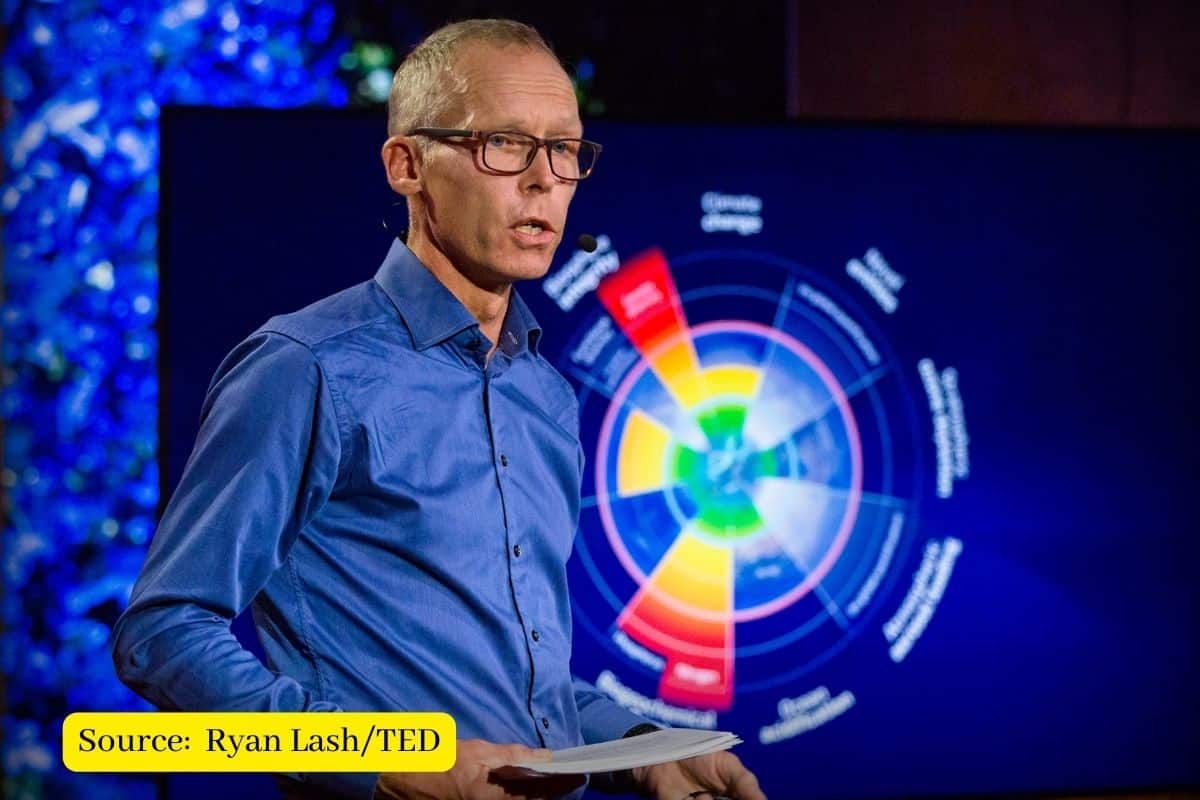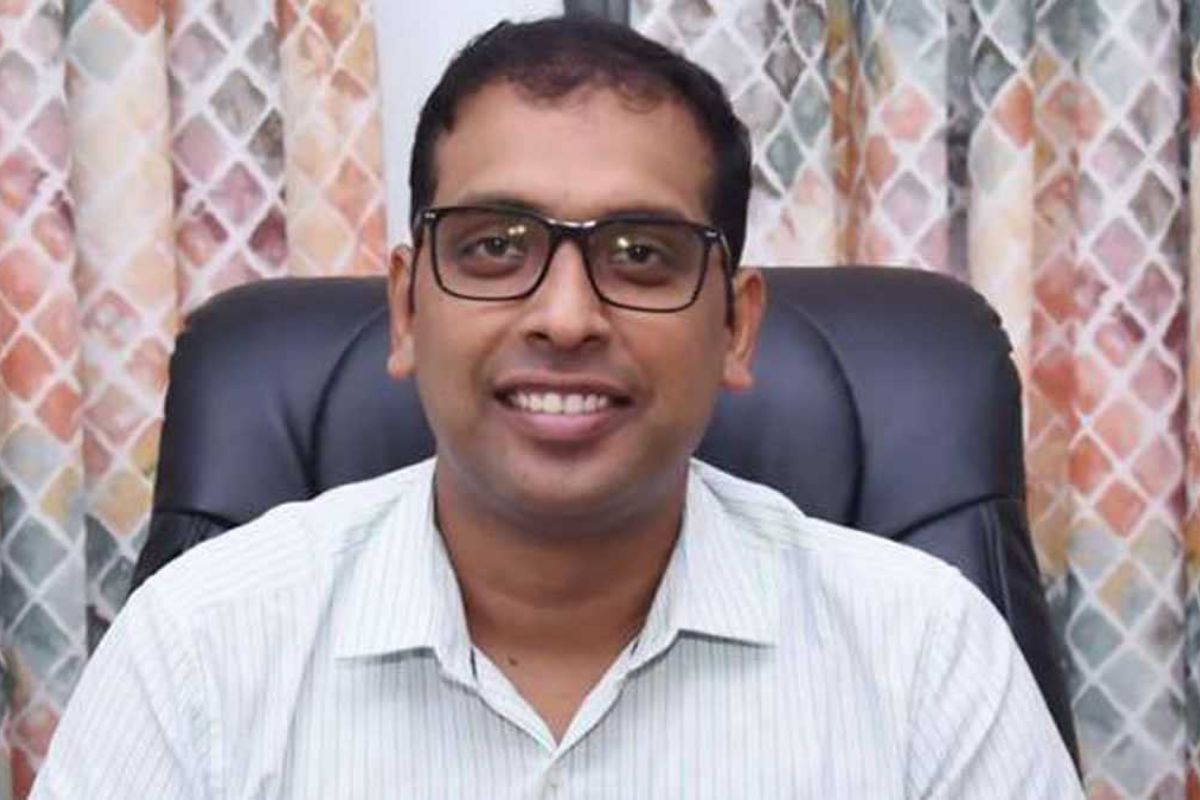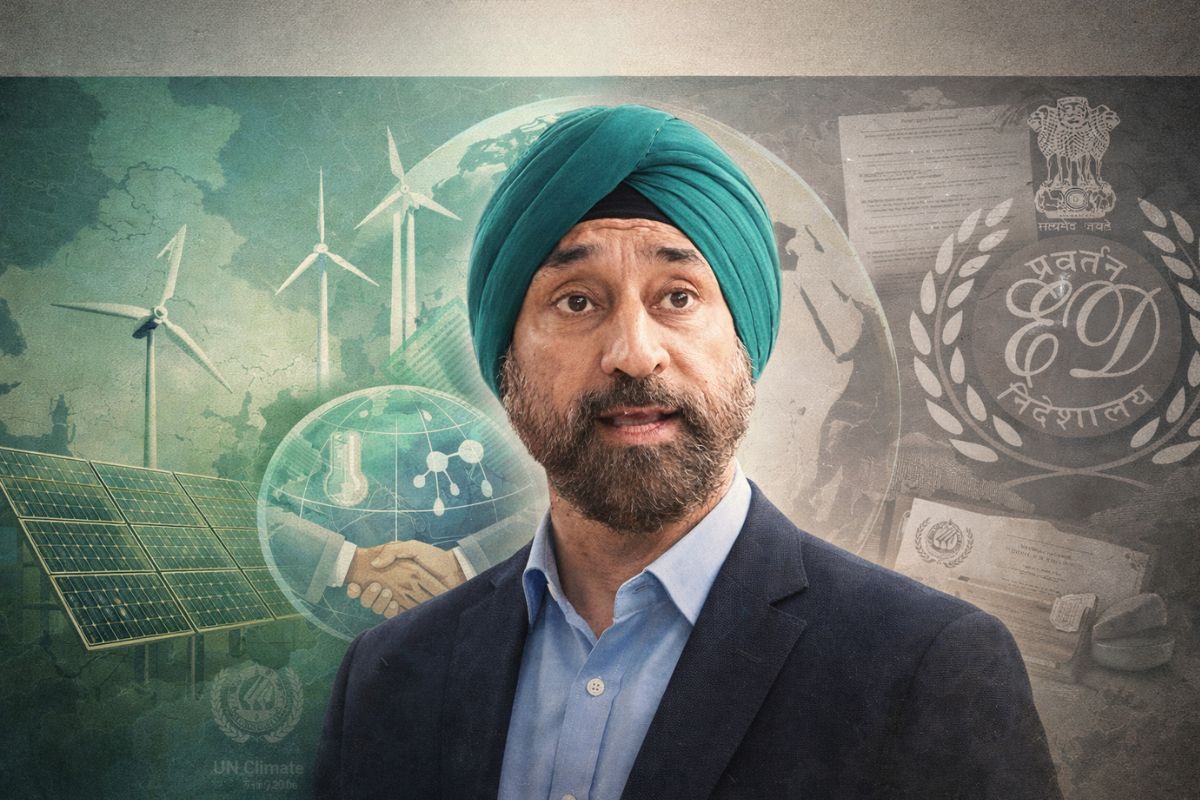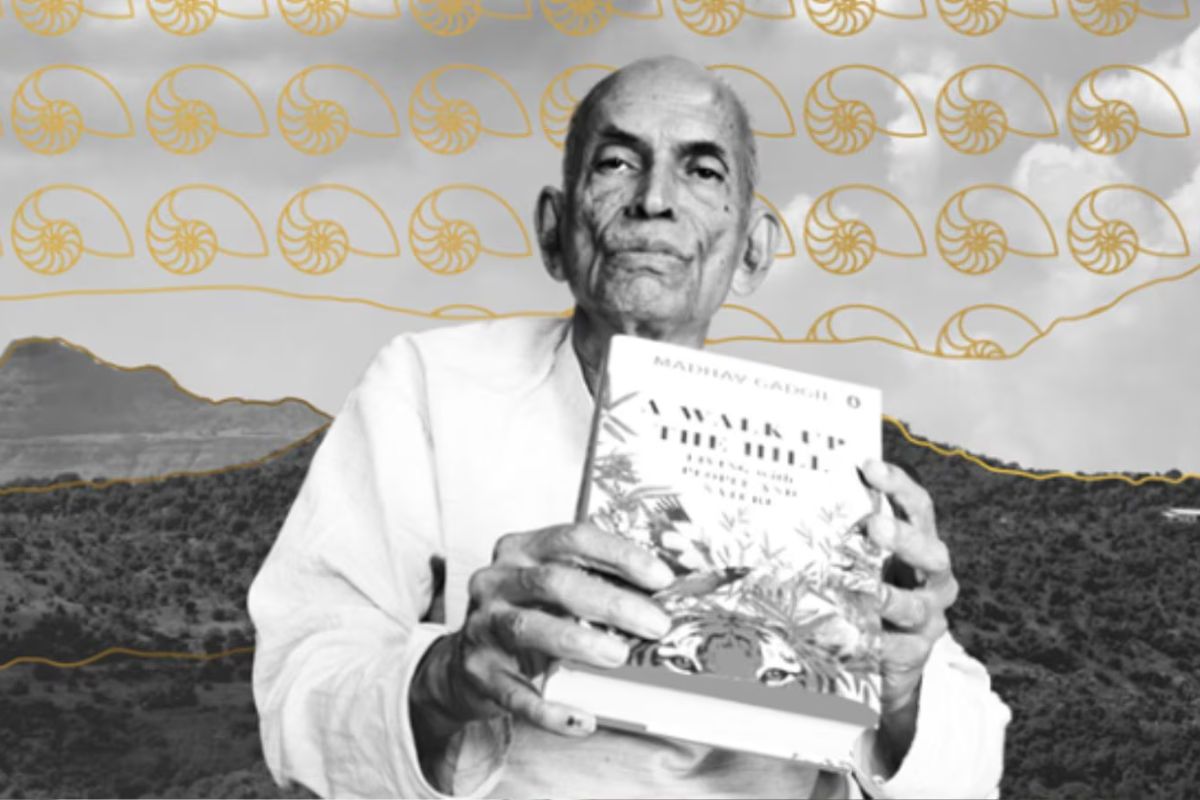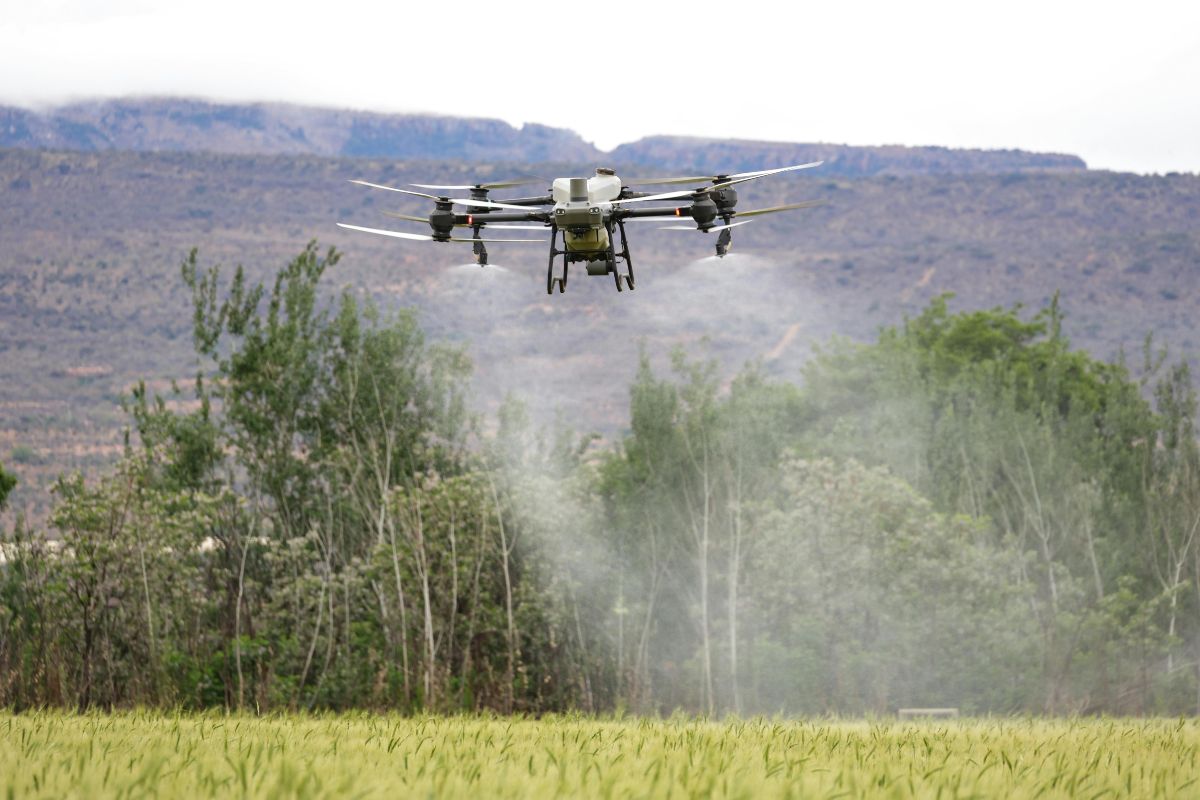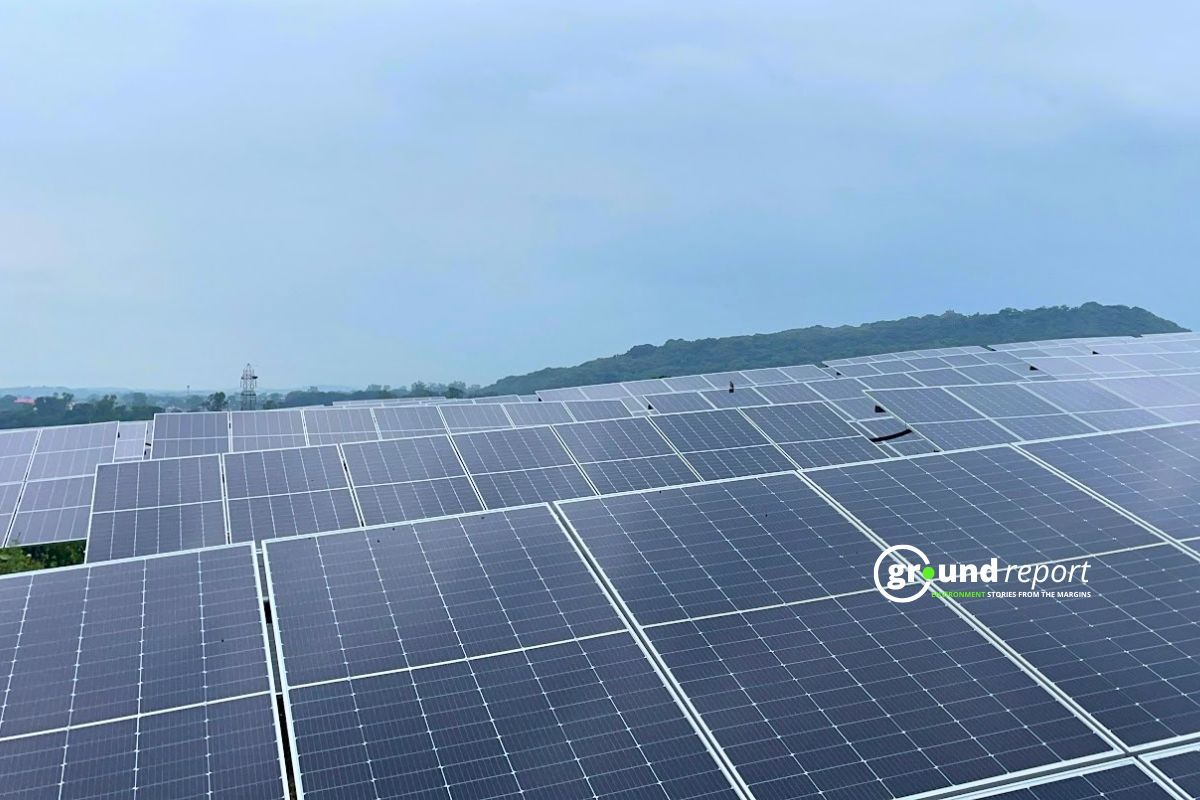Johan Rockström, Director of the Potsdam Institute for Climate Impact Research at the World Economic Forum in Davos claimed that there are “16 biophysical systems, that regulate the entire climate system of the Earth” “nine of these 16 are showing signs of instability. Push them too far, and they go from supporting humanity to starting to undermine humanity.
Earth is “facing something deeper”
Rockström suggested that Earth is “facing something deeper” than just a climate crisis: “mass extinction, air pollution, undermining ecosystem functions, really endangering The future of humanity”. “This is a planetary crisis,” he said.
During the discussion, Joyeeta Gupta, professor of environment and development in the global south at the University of Amsterdam, called it a security and justice crisis. “Many areas in the world are uninhabitable,” she said. “This uninhabitable zone is increasing. If we continue our greenhouse gas emissions, by 2070, up to 3 billion people will live in uninhabitable zones, and mostly in poorer countries.”
The presentation was given by Johan Rockstrom, and Joyeeta Gupta, Professor of Environment and Development in the Global South at the University of Amsterdam and, IHE Delft Institute for Water Education.
“The Arctic is warming four times faster than the global average. Sea ice is shrinking and we are likely to see ice-free Arctic summers before 2050. This will be irreversible,” the duo said.
Greenland loses trillions of tons of ice every decade. This ice loss is accelerating, and Greenland contains enough water to raise sea levels by 7 meters.
Rockstrom and Gupta said that by placing justice at its heart, this new science represents a quantum leap in our ability to understand Earth’s ability to support life and the role humans play as guardians of our only home and each other.
Meeting the needs of current and future generations, while staying within safe and fair limits, is non-negotiable and possible, they said.
“This means stopping luxury carbon consumption and luxury biosphere consumption. It means creating new business models that focus on circularity, regeneration and justice,” they said.
Who is Johan Rockström?
Johan Rockström is the Director of the Potsdam Institute for Climate Impact Research and Professor of Earth System Science at the University of Potsdam. He is an internationally recognized scientist on global sustainability issues and led the development of the Planetary Limits framework for human development in today’s era of rapid global change.
Rockström is internationally recognized on issues of global sustainability. In 2009, a team of 28 international scientists identified and quantified the nine planetary boundaries that humanity should not cross to avoid “abrupt or irreversible environmental changes.”
Before focusing on the planetary scale, Rockström’s research aimed to address building resilience in water-scarce regions, and he is an expert on water resources. After completing a PhD at Stockholm University’s Department of Systems Ecology in 1997, he spent nearly two decades working on applied water research in tropical regions. He has also published research on farming systems, land use, and ecosystem services.
Professor Rockström is a leading global water resources scientist, with more than 25 years of experience in applied water research in tropical regions and more than 150 research publications in fields ranging from applied land and water management to overall sustainability.
Rockström has published more than 100 research articles, including articles in Science and Nature, as well as 20 book chapters. He has also published four books: The Human Quest (2012) and Big World Small Planet (2015) with National Geographic photographer Mattias Klum; co-author of Water Resilience for Human Prosperity (2014); and Bankrupting Nature (2012) co-authored with the Swedish writer and politician Anders Wijkman.
ALSO READ
- Private Jets To Davos Forum Generated Same CO2 As 350,000 Cars
- What Is Davos Forum 2023, And What Happens At Davos Summit?
Follow Ground Report for Climate Change and Under-Reported issues in India. Connect with us on Facebook, Twitter, Koo App, Instagram, Whatsapp and YouTube. Write us on GReport2018@gmail.com.
